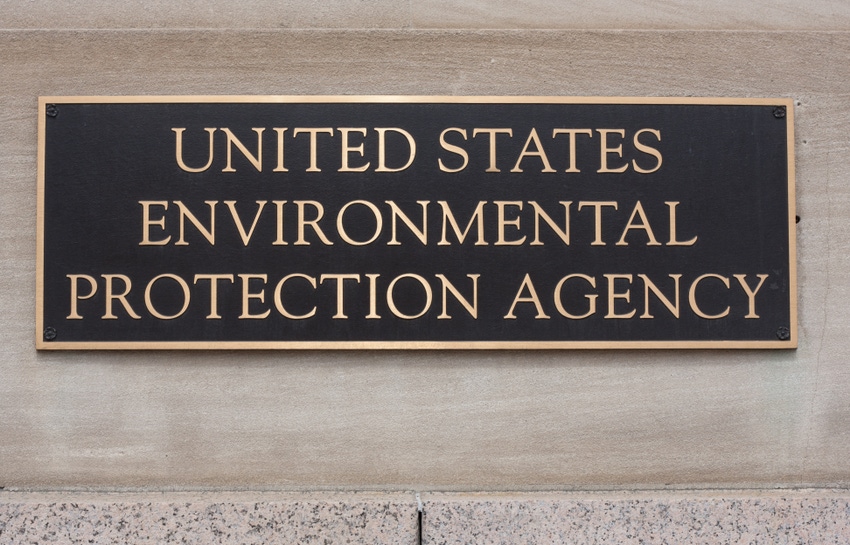Interagency working group to help streamline pesticide registrations
Administration taking efforts to improve federal protection of endangered and threatened species and their habitats under FIFRA and ESA.

The Trump Administration announced Jan. 30 the establishment of an interagency working group to coordinate Endangered Species Act (ESA) consultations for pesticide registrations and registration review in a memorandum of agreement (MOA) among the Environmental Protection Agency, the U.S. Department of the Interior -- which includes the Fish & Wildlife Service -- and the U.S. Department of Commerce, which includes the National Marine Fisheries Service.
The MOA outlines the difficulties with the current consultation process and proposes an Interagency Working Group to support EPA and the services in meeting their obligations related to the pesticide consultation process. The Interagency Working Group will coordinate and support agencies in meeting their obligations for pesticide consultation at the nexus of the Federal Insecticide, Fungicide & Rodenticide Act (FIFRA) and ESA.
Through the MOA, EPA and the services will request that the U.S. Department of Agriculture, the Council on Environmental Quality and the Office of Management & Budget join the working group and that the Council on Environmental Quality serve as its chair.
The MOA establishes an action plan to guide the working group to analyze relevant statutes, regulations and case law, review past ESA pesticide consultation practices to learn lessons from recent experiences, prepare recommendations to improve scientific and policy approaches and document the approach moving forward.
EPA Administrator Scott Pruitt signed the MOA at the Winter Policy Conference of the National Association of State Departments of Agriculture (NASDA). In 43 states and Puerto Rico, the state department of agriculture is a co-regulator with EPA and is responsible for administering, implementing and enforcing the production, labeling, distribution, sale, use and disposal of pesticides under FIFRA.
“As co-regulatory partners in environmental protection, we appreciate the Administration’s efforts to address some of the challenges on the intersection between ESA and FIFRA. We are encouraged by the steps this Administration has taken to promote cooperation between agencies to provide farmers with the tools they need,” NASDA chief executive officer Dr. Barbara P. Glenn said. “Doing this ensures we are doing our due diligence to identify best practices and find better ways of working together.”
CropLife America (CLA) and RISE (Responsible Industry for a Sound Environment) also applauded the Administration’s efforts to improve federal protection of endangered and threatened species and their habitats.
“It’s encouraging to see that our work with the environmental and farming communities and the Administration has resulted in a positive step towards solving this important and complex issue,” CLA president and CEO Jay Vroom said. “We expect the working group’s recommendations will not only help to ensure that consultation works between agencies to actually protect species but will also promote government efficiency and effectiveness.”
He continued, “CLA looks forward to engaging other stakeholders to ensure that federal protection of the species is more effective and efficient while maintaining the access to safe and effective technologies for farmers.”
RISE president Aaron Hobbs noted the specialty pesticide industry’s enthusiastic support of the MOA. “Public health authorities have also been impacted by the issues this MOA addresses,” he said. “Effective control of disease vectors like mosquitoes can only happen when a predictable regulatory system for pesticide technology use and protection of the species is working.”
About the Author(s)
You May Also Like




.png?width=300&auto=webp&quality=80&disable=upscale)
